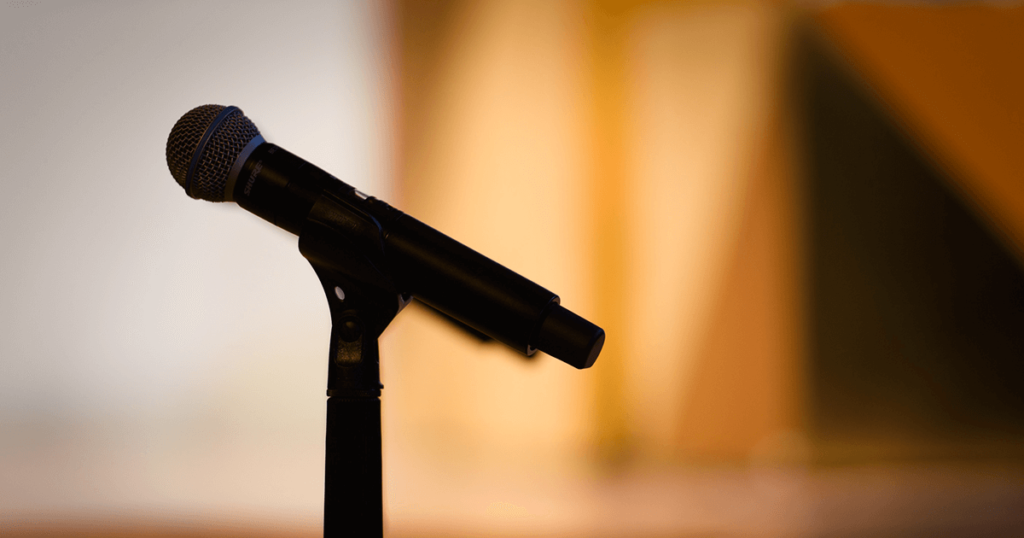
The great writer Albert Murray, who passed in 2013, three years shy of his centenary, observed in The Hero and the Blues, “What must be remembered is that people live in terms of images which represent the fundamental conceptions embodied in their rituals and myths. In the absence of adequate images (and hence rituals and myths), they live in terms of such compelling images as are abroad at the time. Where there is no adequate vision the people perish.”
Murray believed that images of black people (but the insight can apply to many other groups, as well) as consummate victims, only ever reacting in righteous rage or moaning in ceaseless agony under the boot of oppression—images popular in his day and in ours—are not only inadequate, too simple to do justice to the complexity of life, but also self-defeating.
For Murray, the ingenious strength of the blues—the musical genre and the form of stoic philosophy, artistry, and aesthetics developed and elaborated by slaves and their descendants as “equipment for living”— lay in its power to reconfigure the terms of the existential debate. Real dignity, as he saw it, the kind that can never be stripped from you because only you have the power to bestow it upon yourself, comes from accepting and playing the hand you are dealt as best you can and making it win when you can. It also comes from understanding that no one has a perfect hand, whatever the appearances.
I found myself thinking of Murray earlier this week when I came across an article on the BBC entitled “What Is Thin Privilege and Who Has It?” Ours is a society often cruel to anyone who doesn’t conform to certain rigid conceptions of beauty. But articles like this—which proliferate on social media well beyond the point of caricature—set the conversation backward. Looking for inequality and forms of “privilege” in every facet of life is a losing proposition.
What we need today as much as ever are fewer trolling Internet discourses on narrow identity grievances and a new set of images, genuinely heroic visions that bring about an ennobling rendering of our common, complex human condition.


